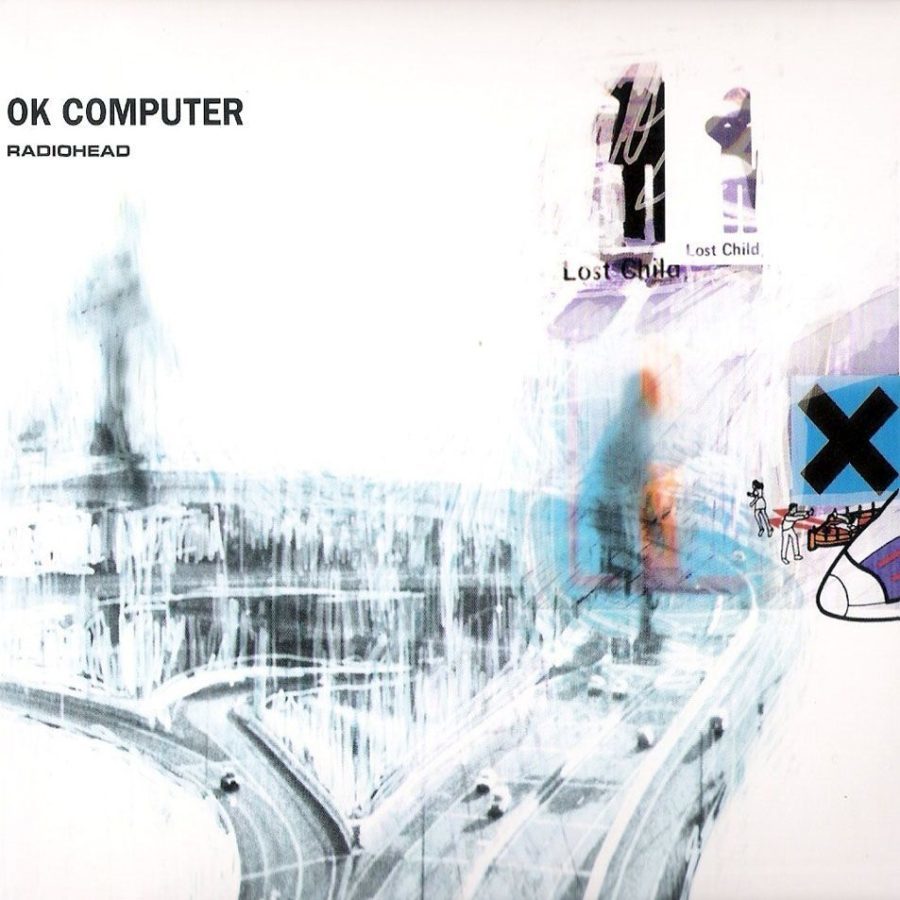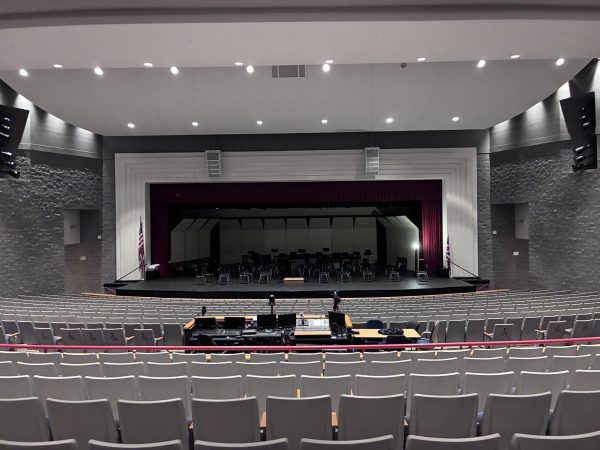Examining the OK Computer: Radiohead
Brian Mignogna reviews the 90s album from Radiohead
Introduction: Radiohead, the band music nerds love and casual listeners know, was formed in 1985 at Abington School in Oxfordshire, England. The band is composed of frontman Thom Yorke, Johnny and Colin Greenwood on lead guitars and bass respectively, Ed O’Brien on guitar and backing vocals, and Philip Selway on drums and percussion. Through the 1990s, the band would elevate themselves to one of the most well-known and critically acclaimed alternative and art rock bands of the decade, and they would release a number of critically acclaimed and influential records throughout their career. Though they stuck to a more alternative rock sound, they would delve into genres such as art rock, ambient music, and even electronic music with their early 2000s records “Kid A” and “Amnesiac.” However, their third record, “OK Computer,” released in 1997, would prove itself to be both their most critically acclaimed and, arguably, their most influential .
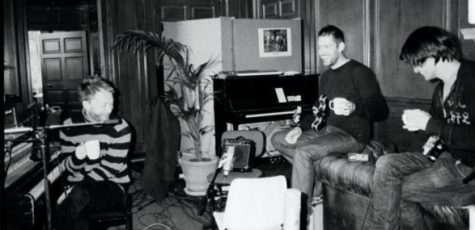
Production: Radiohead, which had established their alternative rock sound through their second album “The Bends,” would incorporate more of a robotic and calculated sound on “OK Computer.” This can be noticed in areas such as the odd sounding and machine-like drumming near the end of “Airbag,” the robotic vocoder which appears in “Paranoid Android” and “Fitter Happier,” and the distortion in “Climbing Up the Walls.” This sound fits the desolation of the band’s songwriting and contributes to the creation of a futuristic, sci-fi inspired atmosphere. The album was also self-produced by the band with help from record producer Nigel Godrich, and each song is well-produced and is cleanly mixed when needed to be. Even the slight touches previously mentioned that contribute to the otherworldly feeling of the album are brought out to be noticeable when needed. The otherworldly and atmospheric additions to the production of “Subterranean Homesick Alien,” “Climbing Up the Walls” and “The Tourist” are examples of this, adding to the sci-fi atmosphere of the album. In terms of the album’s sound, most songs remain slow and atmospheric, with the exception of some catchier and more aggressive tracks. “Paranoid Android,” for instance, moves through three phases, the middle of which remains quick and catchy while the last returns to a depressed mood. “Electioneering” stands out as the catchiest and most upbeat-sounding on the album, and “Karma Police” contains some more melodic elements as well. Altogether, Radiohead incorporates more of an otherworldly and atmospheric type of production on “OK Computer.”
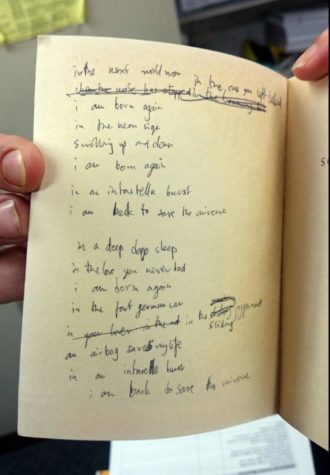
Songwriting: Throughout “OK Computer,” Radiohead brings some of their most complex, abstract, and often culturally relevant songwriting. The writing often tends to lean into a more bleak and despairing view of the world, as the band reflects on society today and what the future holds for it. The lyrics in songs such as “Let Down” and “No Surprises,” for example, illustrate more pessimistic views of life. This darker tone of writing works with the noticeable production additions to create the image of a futuristic and dystopian society. Songs such as “Airbag” and the spoken word track “Fitter Happier” explore the reliance of humanity on technology. “Paranoid Android” and “Subterranean Homesick Alien” contribute similarly futuristic stories surrounding the human condition. Many of these songs still remain relevant today, in fact, as society becomes more and more dependent on technology. With the recent rise of AI, this reliance only grows stronger. However, the songs are not always written in the most straightforward ways. More abstract songwriting and lines such as “the unborn chicken voices in my head (Paranoid Android)” and “She’s buzzing like a fridge (Karma Police)” leave much to the imagination and add to the intrigue of the album, since lines such as these can be interpreted in many ways. In summary, the abrstract songwriting Radiohead brings to “OK Computer” continues to be culturally relevant today.
Artist Performance: Throughout “OK Computer,” the members of Radiohead bring skilled and engaging performances. Thom Yorke, the frontman of Radiohead, sings in a notably high register, which fits the emotional style he communicates and makes his voice unique and identifiable among rock groups as well. Notable singing highlights from him include “Exit Music (For A Film),” which builds throughout into a dramatic and climatic finish, with Yorke yelling out towards the end, and “No Surprises,” where the comparatively bare and minimal production help his singing to stand out. The guitar playing from Greenwood and O’Brien is also quite impressive and, in my opinion, adds the most to the album’s atmosphere. The aforementioned phases of “Paranoid Android,” in each of which the guitars take on a different sound and tone, as well as the solemn notes played on “Let Down” and “No Surprises” help to immerse the listener into their respective songs. Finally, the bass and drums from Greenwood and Selway also add to their own songs, with the Greenwood brothers blending their instruments well together, and with Selway’s percussion ranging from soft and atmospheric on songs such as “The Tourist” and “Subterranean Homesick Alien” to loud and pummeling on “Climbing Up the Walls,” “Airbag,” and “Electioneering.” To sum it up, each band member of Radiohead brings impressive and skillful performances and contributes to the strengths of “OK Computer.”
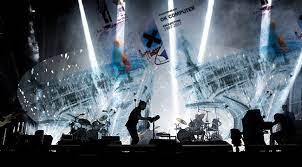
Personal Enjoyment: Overall, I have found that, even with the major critical acclaim and praise given to the album set aside, as well as the amount of time that has passed since its release, “OK Computer” still remains an interesting and immersive listen. This was one of the first full albums I ever checked out, in fact. Although there are songs that I do not always return to, as they can be emotionally intense, or songs that do not work for me every time, I can still find quality in each song here. In fact, “Lucky,” my least favorite song on the album, is still not a bad song. I simply find it the least interesting to listen to compared to the others on the album. My favorite songs include “Paranoid Android,” with its complicated message made easily digestible by the catchy and varied instrumentation, and “No Surprises,” one of the easier songs to listen to which slowly immerses the listener into melancholy. Although I certainly find value in the more atmospheric songs, I did find myself enjoying the energetic and catchier songs more. My favorite song on the entire album, however, is “Let Down,” as I find it to be the most emotionally impactful. The melancholic lyrics about being disappointed continuously through life combined with Yorke’s solemn vocals and wistful instrumentation make for a powerful listen. To wrap it up, even with the immense amount of acclaim given to “OK Computer,” I still find it a consistently strong and engaging album.
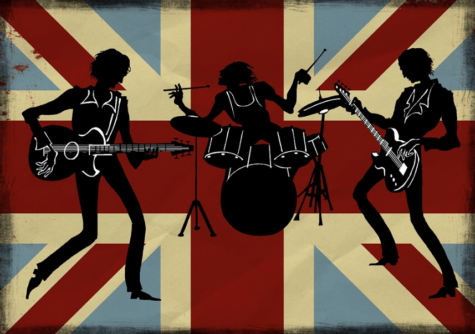
Influence: At the time when “OK Computer” was released, around 1997, the phenomenon known as Britpop, which emphasized catchier and more positive-sounding alternative rock, had begun to decline. This album, which as previously established appears somber and atmospheric, helped to contribute to this decline. Many would also consider this one of rock’s last event albums, where a rock band would achieve this level of success while also making an artistic statement. The album would influence various British alternative rock bands in the future, including Coldplay and Muse. “OK Computer” would also help to encourage other bands to use experimental and non-traditional music stylings in their music, benefiting the next generation of rock musicians. Even today, the album is still held in high regard by music critics and listeners alike, and is often thought of as one of the best rock albums ever made.
Rating: 9/10
Favorite Songs: Paranoid Android, Let Down, No Surprises
Least Favorite Song: Lucky
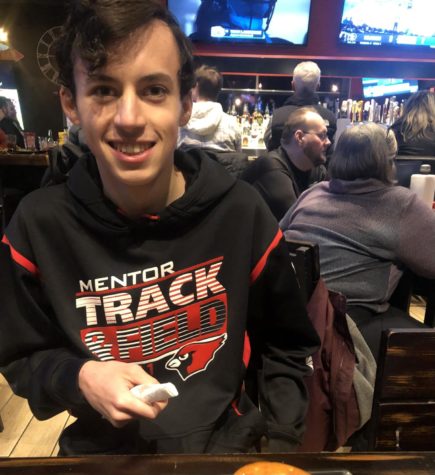
Brian Mignogna is a member of the Class of 2025 at Mentor High School. He is a part of the Mentor cross country and track teams, NHS, and Cardinal Nation....

